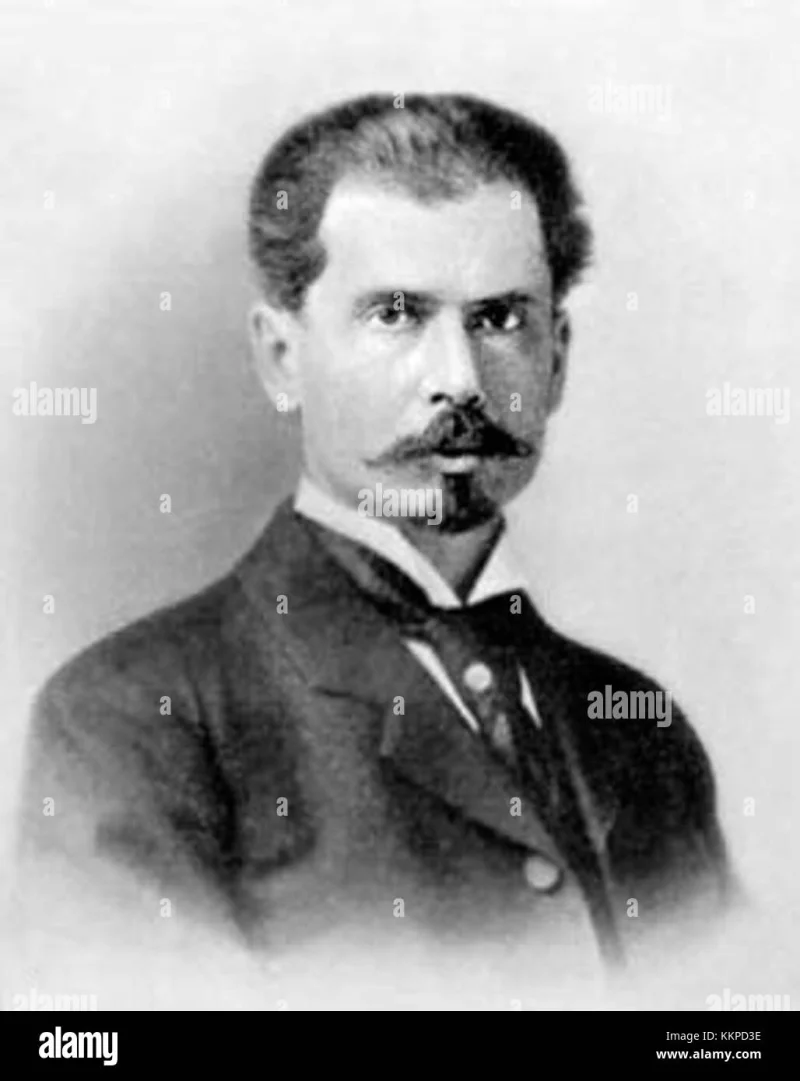Short Summary
Nicolaus Copernicus was a Renaissance-era mathematician and astronomer who formulated the heliocentric model of the universe, placing the Sun rather than the Earth at its center. This revolutionary theory profoundly influenced the scientific revolution, challenging the geocentric models of his time. His seminal work, "De revolutionibus orbium coelestium," laid the groundwork for future astronomers and significantly advanced human understanding of the cosmos.
Early Life & Education
Born on February 19, 1473, in Toruń, Poland, Nicolaus Copernicus was the youngest of four children in a prosperous merchant family. After the early death of his father, he was raised by his maternal uncle, Lucas Watzenrode, a bishop who ensured Copernicus received a comprehensive education. He attended the University of Kraków, where he studied mathematics and astronomy, before proceeding to the universities of Bologna and Padua to study law and medicine. His time in Italy exposed him to the Renaissance's intellectual currents, profoundly influencing his scientific pursuits.
Career Highlights
Copernicus' career was marked by a blend of administrative, ecclesiastical, and scientific roles. After returning to Poland, he served as a canon at Frombork Cathedral, a position that provided him with the time and resources to pursue his astronomical studies. Throughout his life, he held various administrative and financial posts within the church, which complemented his scientific work. His development of the heliocentric theory was a monumental achievement, published just before his death in 1543, fundamentally altering the course of astronomy and science.
Major Achievements
- Formulated the heliocentric model: Proposed that the Sun is at the center of the universe, shifting the prevailing geocentric view.
- Authored "De revolutionibus orbium coelestium": His book systematically detailed the heliocentric theory, challenging established astronomical beliefs.
Famous Quotes
- "To know that we know what we know, and to know that we do not know what we do not know, that is true knowledge."
- "Finally we shall place the Sun himself at the center of the Universe."
Interesting Facts
- Copernicus was not only an astronomer but also a physician, mathematician, translator, and economist.
- His heliocentric theory was not widely accepted until many years after his death, despite its revolutionary nature.
- He developed a quantity theory of money, which is considered a fundamental concept in economics.
Legacy / Influence
Copernicus' heliocentric model fundamentally transformed astronomy and set the stage for the scientific revolution. His work inspired future astronomers like Galileo Galilei and Johannes Kepler, who expanded upon his theories. The Copernican Revolution marked a pivotal shift in humanity’s understanding of its place in the universe, influencing not only science but also philosophy and culture.
FAQ
Q: Why is Nicolaus Copernicus famous?
A: He is renowned for developing the heliocentric model of the universe, which revolutionized astronomy and science.
Q: What was Copernicus' major work?
A: His major work was "De revolutionibus orbium coelestium," detailing his heliocentric theory.
Q: When did Copernicus live?
A: He was born in 1473 and died in 1543.












